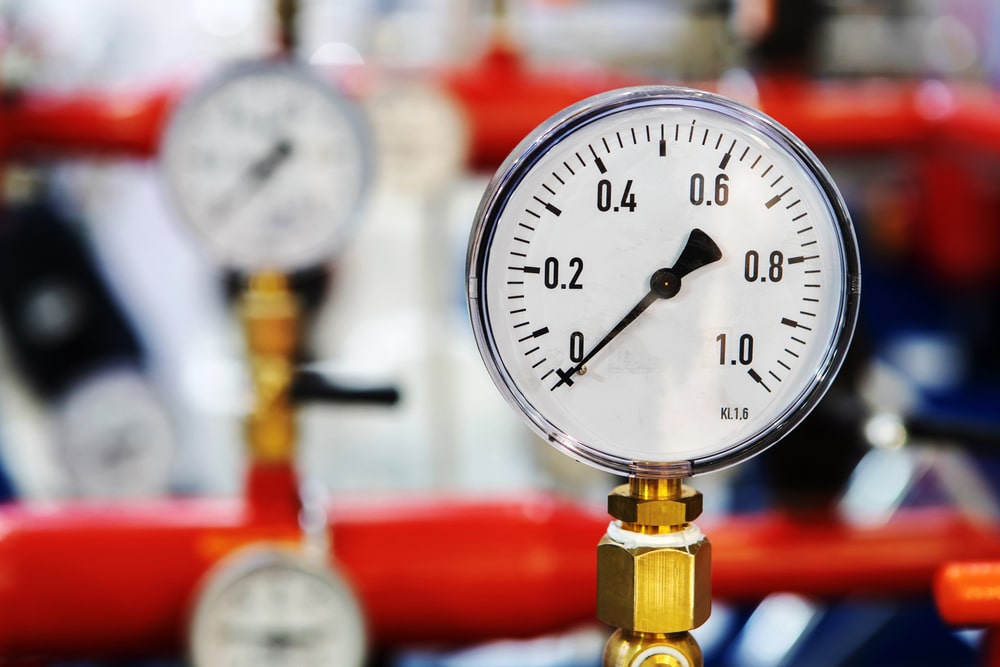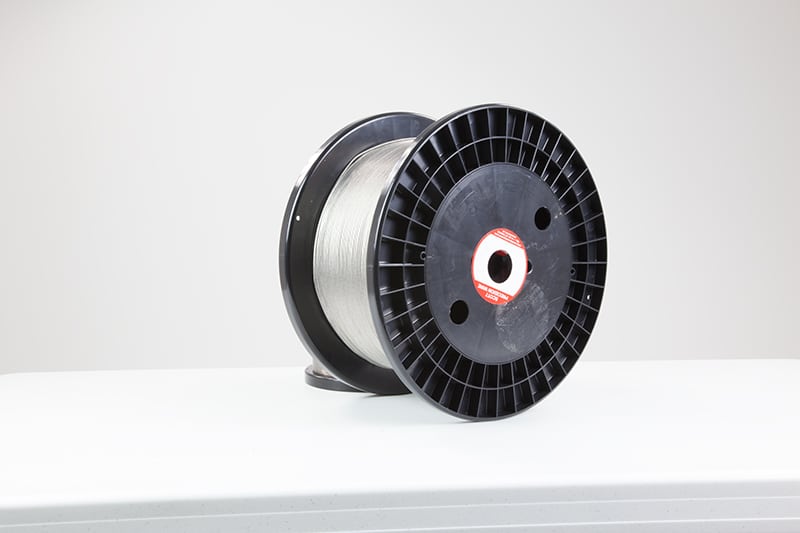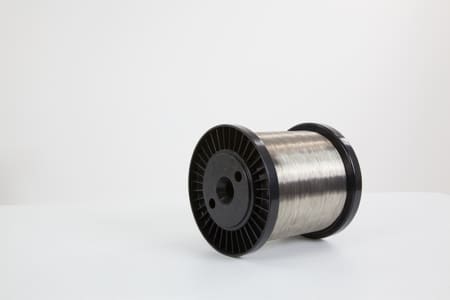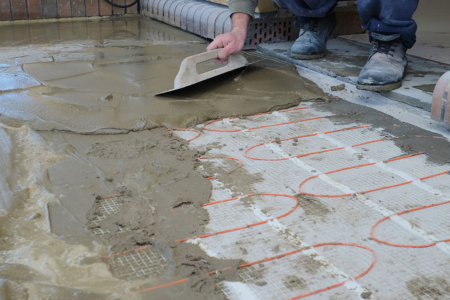Better understanding how your resistance heating wire works and the options available can enable you to optimise your choice, improving the product and cutting your costs.
With the ability to identify which wire is best for you, Scott Precision Wire has been helping its customers since 1923 – and we can help your business too.
Resistance Heating Wire Checklist: Is Your Supplier Providing these Key Services?

What is a Resistance Wire?
A resistance wire is a metal conductor specially formulated to provide a consistent resistance to the passage of an electric current. This resistance can be utilised in a number of ways with the main ones being:
- As a resistor in an electronic circuit – although these have mostly been replaced by the use of solid-state resistors,
- As a ‘load resistor’ in large electric motors, allowing the absorption of energy when changing speed, preventing damage to the motor windings,
- And as a heating element, converting electrical energy into heat for use in businesses and homes.
The resistance effect in the conductor is generated by the transfer of energy from the moving electrons as they collide with the atoms in the metal lattice. This effect was described by the scientist James Joule in around 1840 and was subsequently named Joule Heating (Joule Effect).
Resistance Heating Wires have some further important characteristics which make them suitable for using in heating elements. The alloys are specifically designed to be malleable to allow them to form the myriad of shapes required. They also form protective oxide layer on the surface so that, once oxidised, this layer adheres to the wire preventing further oxidation taking place through the rest of the conductor and finally they have relatively high melting points so that they can withstand the high temperatures in heating elements.
Types of Resistance Wire Available and the Quality of Materials Used
You can measure how well your wire supplier is serving you through the types of wire and quality of materials they supply.
Resistance wires come in three broad categories. Low temperature alloys have high Copper contents with additions of Tin, Nickel, Manganese or Zinc. They are suitable for use up to 300°C and are the most easily formed.
Medium temperature alloys are either Copper based with a high proportion of Nickel, or Nickel/Manganese alloys or Nickel/Iron alloys and are suitable for use up to 600°C.
High temperature materials are Nickel/Chrome, Nickel/Chrome/Iron or Iron/Chrome/Aluminium alloys and are suitable for use up to 1300°C.
As you move up the temperature rating the wires become increasingly stiff and strong, but all maintain the ductility required to form an element, such as a spiralled wire, to provide the greatest surface area for heat transfer from the wire to the medium to be heated.
Scott Precision Wire only uses alloys from proven sources ensuring you will always receive a premium product for your application.

What Industries Use Resistance Heating Wires?
Electric Resistance Heating Wires are used in a wide variety of applications. Starting with the low temperature alloys you can find then in underfloor heating cables, electric blankets, therapeutic heating pads, and cable elements used to warm the edges of freezers in shops to prevent the doors from freezing shut; or your hand sticking to the metal edging!
Medium temperature alloys are using in electrofusion fittings to joint polyethylene pipes together for utility supplies of gas and water and in automotive applications.
High temperature alloys are used in process heating equipment, ovens, furnaces and space heaters.
Whatever your application, Scott Precision Wire can advise you on the right alloy and wire size for you.
Resistance Heating Wire Testing
How rigorous is the testing carried out by your current wire supplier? Do they go above and beyond industry standards?
At Scott Precision Wire, we work alongside our customers when performing tests, to ensure every metre of their wire performs as expected. If the wire requires testing to a national, international standard or your customer specification you can be certain Scott Precision Wire can perform this for you.

Supplier Quality Assurance
Check your supplier has credibility in the industry if you suspect your resistance wire could be performing better.
Under our ISO9001:2015 Quality Management Systems accreditation we manufacture every length of wire to industry leading operating procedures and we hold tests results and material certificates for every batch, maintaining traceability to the origin of each melting cast for our customers’ total piece of mind.
get in touch to find out how we can help...


